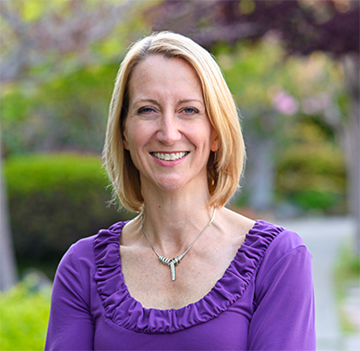
When June and her partner conceived their two children through intrauterine insemination, they considered themselves privileged, but not infertile. June was well-connected and her female partner was a doctor, so they had access to resources.
Infertility is medically defined as the inability to conceive after a year of heterosexual intercourse. For the most part, that definition does not apply to the LGBTQ+ community. June and her partner were not infertile. A lesbian might be diagnosed with infertility after undergoing multiple inseminations without success. A gay man could be infertile but may never know it. The ability to conceive a child depends greatly on circumstances for a trans, bisexual, or queer person.
One crucial difference between straight and LGBTQ+ people who are trying to conceive is that the latter often start with the assumption that they will need assistance. Queer people looking to start a family face what I call “family building challenges.” This term encompasses the inherent limits – not just an individual's ability to carry a pregnancy to term – that potential parents encounter when they begin trying to add children to their family.
LGBTQ+ people seeking fertility treatment often have challenges getting the medical support they need. While it’s common that most people don’t know much about their own reproductive systems, many doctors are still under educated about LGBTQ+ health.
When visiting a doctor, an LGBTQ+ person may have legitimate concerns about being judged, ignored, or misunderstood. I have spoken with LGBTQ+ couples who were averse to visiting an obstetrician or reproductive endocrinologist because they were unsure if the doctors would understand their specific fertility issues. Would they understand the challenges of reproduction for a trans person? Would donor agencies work with queer people? Would an IVF clinic work with a trans or queer couple? Would a surrogacy agency work with a gay couple? Which adoption agency is queer friendly? Even a welcoming doctor may not be knowledgeable about the issues many LGBTQ+ people face.
One of my LGBTQ+ clients who I council found a surrogate through Craigslist and used an uncertified lab to perform their IVF procedure. While they went on to have a child safely, I have not met one heterosexual couple who considered taking similar measures due to the risks involved with this sort of arrangement. Fertility clinics have protocols, lawyers, and certifications to make sure everything is above board. However, having access to these clinics is a privilege.
LGBTQ+ reproduction often involves a third party to acquire sperm and/or eggs, a gestational carrier, perform the insemination, harvest gametes, or arrange an adoption. These options raise legal, medical, ethical, financial, and emotional issues. They also pose unique Jewish issues.
Jewish law asks questions such as: Who is considered a parent? How is the Jewish identity of the child affected if one of the parties involved (the sperm donor, egg donor, or gestational carrier) is not Jewish? Who is eligible to donate and how are they treated? Is there a precedent for adoption and third-party parenting?
These questions are the norm for the LGBTQ+ community. Many LGBTQ+ people are unsure about approaching rabbis or others in the Jewish community for guidance. While I work to create spaces where my clients feel comfortable asking these sorts of questions, many people in the broader LGBTQ+ community are left to figure things out on their own, learning of unintended consequences only after the fact.
The first biblical imperative is to be fruitful and multiply. However, people experiencing medical infertility are released from the obligation to have biological children. Being LGBTQ+ does not necessarily affect a person’s physical ability or desire to become a parent. Equating the LGBTQ+ experience to infertility is not accurate or acceptable.
One thing is certain: Judaism values raising children. The Talmud teaches that anyone who teaches another child is credited as if they sired them. This extends to raising and financially sustaining a child; remarkably, parental examples in the Talmud include both women and men (Sanhedrin 19b). Raising a child and parenting is sacred, extending beyond biology. This holds just as true for LGBTQ+ people as anyone.
It is not the role of the LGBTQ+ community to teach others about family building. Yet, they are often the ones navigating modern medical technology and building families in the face of inherent challenges. LGBTQ+ parents all have stories where nothing was taken for granted. Their challenges often encompass issues beyond infertility. Often, their fertility is intentional. The rest of us have a lot to learn.
Related Posts

Parenting Adult Children

Faith, Justice, and Israel: Being Proud

